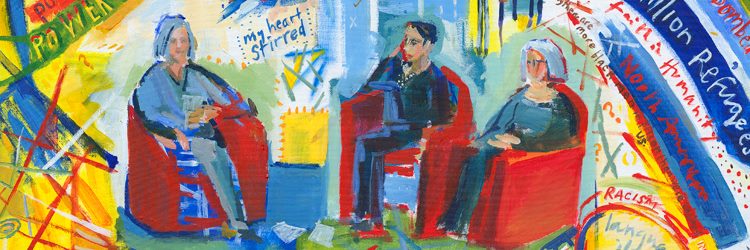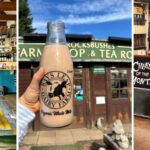- Work Hard
- 16th Jan 2021
- 1.2k Views
- 0
- 1 minutes
Sunday sit-down with… Professor Linda Anderson

She has changed the face of the UK’s literary landscape over the last 40 years. Now, Newcastle University’s Professor Linda Anderson has been included in the Queen’s New Year’s Honours list










Comments